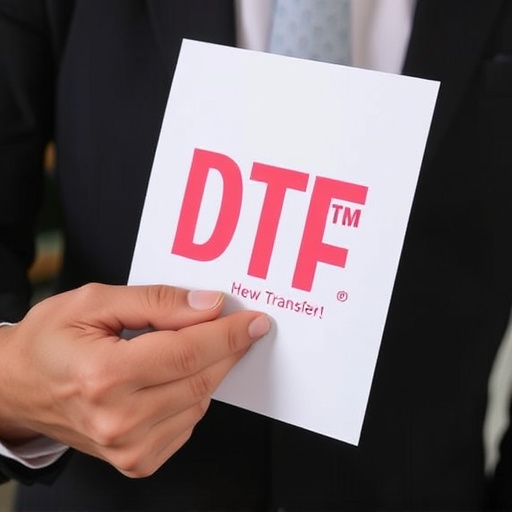The Universal Legal Intake (ULI) initiative aims to democratize access to justice across all 50 US states by implementing uniform, state-approved 50-state legal intake systems. Leveraging advanced technology, ULI streamlines case assessments, client matching, and document management, making quality legal services more accessible and less intimidating for everyone, regardless of location. The approval process ensures these systems meet stringent standards for data security, privacy, user experience, and legal compliance, while technological advancements promise to further enhance efficiency and adapt to evolving demands.
“Discover the transformative power of universal legal intake options with our comprehensive guide. This article delves into ‘Understanding Universal Legal Intake,’ exploring the intricacies of 50-state legal intake systems that have been approved for seamless operation. From the approval process and conforming to standardized procedures, to best practices for implementation and future prospects, this overview equips readers with vital insights. Learn how these systems streamline legal processes, enhance accessibility, and ensure compliance across diverse jurisdictions.”
- Understanding Universal Legal Intake: A Comprehensive Overview
- The Approval Process and Standards for 50-State Legal Intake Systems
- Implementing and Navigating These Systems: Best Practices and Future Prospects
Understanding Universal Legal Intake: A Comprehensive Overview

Universal Legal Intake (ULI) refers to a streamlined and efficient system for managing legal services across all 50 states in the US. This innovative approach aims to simplify the process of accessing legal aid by creating a uniform framework that can be adapted to meet the unique needs of each state. By implementing ULI, law firms, legal aid organizations, and pro bono services can effectively connect with individuals seeking legal assistance, regardless of their location.
The 50-state legal intake systems approved under ULI are designed to ensure consistency and compatibility. This means that clients facing similar legal issues in different states will encounter familiar procedures when seeking help. The system incorporates advanced technology to facilitate the intake process, allowing for quick case assessments, efficient client matching with suitable legal providers, and seamless document management. Through this comprehensive overview and approved systems, ULI strives to make quality legal services more accessible and less intimidating for everyone in need.
The Approval Process and Standards for 50-State Legal Intake Systems

The approval process for 50-state legal intake systems is a rigorous and essential step to ensure fairness, consistency, and accessibility across all US jurisdictions. Each state has its own regulatory bodies responsible for reviewing and approving these systems, focusing on key standards such as data security, privacy protection, user experience, and legal compliance. These standards are designed to safeguard the integrity of legal services while facilitating efficient case management.
State-level approval ensures that legal intake systems meet the unique needs and requirements of their respective jurisdictions. This includes adherence to state-specific laws and regulations regarding legal practice, client intake, and record-keeping. By maintaining these high standards across all 50 states, clients can have confidence in the reliability and legitimacy of the legal services they access through approved intake systems.
Implementing and Navigating These Systems: Best Practices and Future Prospects

Implementing and navigating 50-state legal intake systems approved across the US is a complex task, but best practices can streamline the process. Firstly, ensuring interoperability between different state systems is key to fostering seamless data exchange and client access. Standardized forms and digital platforms that accommodate variations in state laws while maintaining accuracy are essential tools. Secondly, robust training programs for legal professionals and staff on these systems prevent errors and promote efficient case management.
Looking ahead, the future of 50-state legal intake systems holds promise through technological advancements. Artificial intelligence and machine learning can enhance system efficiency, automate repetitive tasks, and improve client screening. Moreover, cloud-based solutions offer scalability, security, and accessibility, enabling law firms and organizations to adapt quickly to changing demands. Embracing these innovations will be crucial in maintaining a robust and adaptable legal intake framework across the nation.
Universal legal intake systems, spanning all 50 states with approved standards, represent a significant advancement in legal accessibility. By streamlining the initial intake process, these systems enhance efficiency and client satisfaction. As best practices continue to emerge and technology evolves, the future of 50-state legal intake promises greater uniformity, improved user experiences, and enhanced justice system navigation for all.














